Riconoscimento del genere
aggiornamento: 27 marzo 2020
RULES OF GENDER RECOGNITION
GENDER REASSIGNMENT
Prerequisite
Establishment of the existence of gender dysphoria, a term used to refer to a condition perceived by an individual who does not identify with the gender assigned to them at birth.
Surgery
Individuals wishing to carry out gender reassignment need not necessarily undergo surgery: these are the conclusions reached by the latest case law, in line with important judgments handed down by the European Court of Human Rights and changes in civil society.
The judicial authority must conduct a rigorous investigation to ensure the applicant has completed their individual journey, is serious and unambiguous about their decision and that the point of arrival has definitely been reached.
To this end, the medical and psychotherapeutic treatments that the person seeking gender reassignment authorisation has undergone must be documented, and the awareness, voluntary nature and irreversibility of the choice must be established (for example, by means of official specialist medicolegal counselling).
Gender reassignment surgery can also be authorised by a judgment based on protecting the right to health, when the intention is to allow an individual to achieve a mental and physical balance, but this is not a prerequisite.
Procedure
The petitioner must file an application to commence ordinary proceedings with the court of the place where the applicant (the person applying for gender reassignment authorisation) resides. Legal representation is mandatory.
The petitioner must notify the applicant’s spouse and children that an application has been filed and the public prosecutor is also involved in the proceedings.
A court panel decides the case and issues a judgment.
Further information is available on the following websites:
Effects of the judgment
In the judgment granting the application, the court orders the civil registrar of the municipality where the birth certificate was issued to make the rectification in the relevant register. The civil registrar must then make the rectification in every other civil status record and in the registry office documents.
Although it is not essential, the judgment may also order, upon the applicant’s request, rectification of the first name (Christian name), given the importance of the name in identifying and categorising the person as belonging to one sex rather than the other.
The judgment is not retrospective, but only takes effect from the moment it becomes res judicata (i.e. from the moment it becomes final, since at this stage it is no longer subject to appeal).
Consequences of gender reassignment on marriage
Once the judgment is final, it will result in the dissolution of the marriage or the cessation of civil effects resulting from the transcription of a marriage celebrated in accordance with religious rites (i.e. it is an automatic cause for divorce) as well as the dissolution of a civil partnership between persons of the same sex.
Until the court has settled the case, the person who made the application and their spouse may, however, make a joint statement in person at the hearing to express their willingness to enter into a civil partnership between persons of the same sex, and also make any statements concerning their choice of surname and property rights arising out of their matrimonial relationship. In this case, the court will issue a ruling ordering the civil registrar of the municipality where the marriage was celebrated, or where the transcript is filed if the marriage took place abroad, to enter the civil partnership in the register of civil partnerships and to record any statements made by the parties concerning their choice of surname and property rights arising out of their matrimonial relationship.
Relevant legislation
- Law No 164 of 14 April 1982 (provisions on the rectification of gender assignment) concerning the prerequisites;
- Article 31 of Legislative Decree No 150 of 1 September 2011 (supplementary provisions to the Code of Civil Procedure concerning the streamlining and simplification of civil cognisance proceedings for the purpose of Article54 of Law No 69 of 18 June 2009) in relation to the procedure to be followed.
►Help us improve►Contact Assistance Services |
 |



